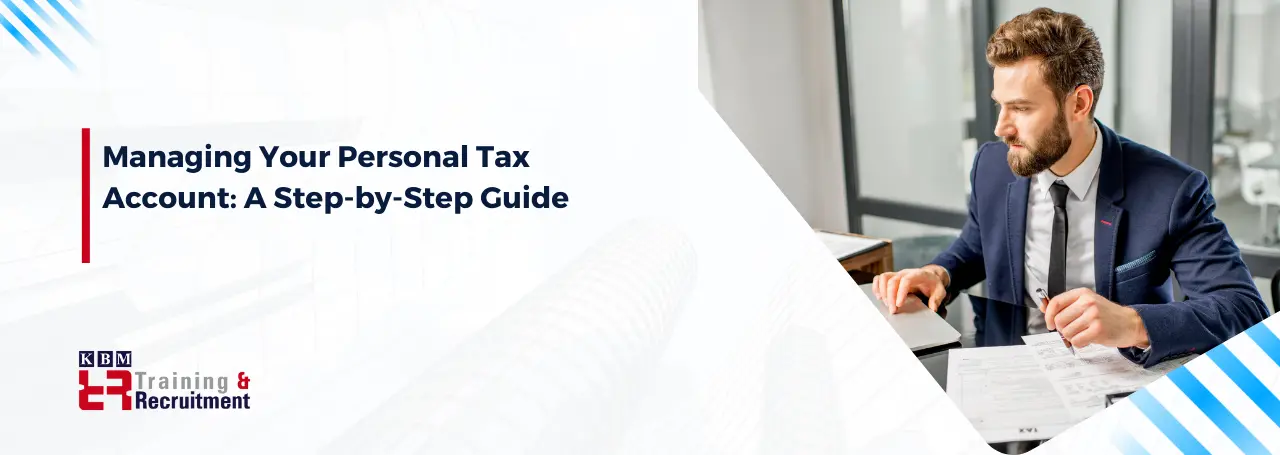The personal tax account needs much management in order for one to keep his or her tax records updated. This guide will take one through the operational steps involved in managing one's personal tax account, whether it is the initial establishment of handling taxes or to simplify the process.
Knowing your Personal Tax account
Your personal tax account is the online facility for HMRC through which you will be managing your taxes. You can use it to find out about your tax records, check your tax credits and allowances, update your personal details, and much more. Accessing and making sense of your tax account will be the first step towards keeping on top of your tax affairs.
Setting up your Personal Tax account
To start your personal tax account, you need to sign up with HMRC. You can do this on the HMRC website by creating a Government Gateway account. You will need your National Insurance number and a few personal details to complete the registration. Once you have signed up, log in to your personal tax account using the Government Gateway user ID and password.
View your tax information
Once you have a personal tax account, it means opening your doors to an avalanche of information that includes past and present tax return history, current tax year details, and any outstanding balances. Going through it regularly helps in greater enlightenment in your eyes towards your tax obligations and any emerging problems.
Update your personal details
It is very important to keep your personal details up to date for the sake of accuracy of your record. You may do so with your address, your contact information, and even bank account information in your personal tax account.
This will help you avoid delay issues with communications from HMRC, as well as ensure that any refund or payments will be transferred to the appropriate account.
Checking your tax credits and allowances
Your personal tax account shows how much tax credit and allowance you are entitled to. This covers a view into your benefits and allowances, if any, which include your personal allowances or tax reliefs. You need to go through this section regularly to make sure you are getting all the credits and allowances coming your way to help you cut down on taxes.
Filing your tax return
If you are obliged to do so, it is in the personal tax account that you might want to file a return. It provides you with an online access point through which you can find the forms and guides required to correctly file your return.
Filing of return on time will be greatly appreciated, so much so that penalties and any interest charged have not been incurred. You must have all your documents and information ready before you start the preparation of your tax return for smooth filing.
Paying your tax bill
Your personal tax account also covers how to pay your tax bill. You will be able to view the amount due and make payments through your online account. The various ways you can make payment include bank transfer, online, and direct debit. Ensuring that your payment is timely will avoid penalties and keep your tax account in good standing.
Correspondence with HMRC
Another central function of your personal tax account is correspondence with HMRC. You can find any messages from HMRC that might concern notifications and further information requests. The key to all this is being able to respond promptly to these messages so that problems and queries can be addressed and your tax affairs put in order.
Seeking professional advice
If you have complex tax problems or need help regarding your personal account, consult with a professional. A chartered accountant or any other independent tax consultant will be able to help you with advice and support relevant to your needs. They will help you go through quite complicated rules and ensure that your tax affairs are conducted properly.
Conclusion
The management of your personal tax account is one of the key factors in how you handle your tax affairs. Understanding how to register and access your account, update your details, view tax credits, submit returns, make payments, and view correspondence will help keep you ahead with duties and responsibilities concerning taxes and potential problems. The personal tax account will go a long way in keeping one's tax affairs in order, if continuously reviewed and updated, and may make the process of managing their taxes somewhat easier and more efficient.






















